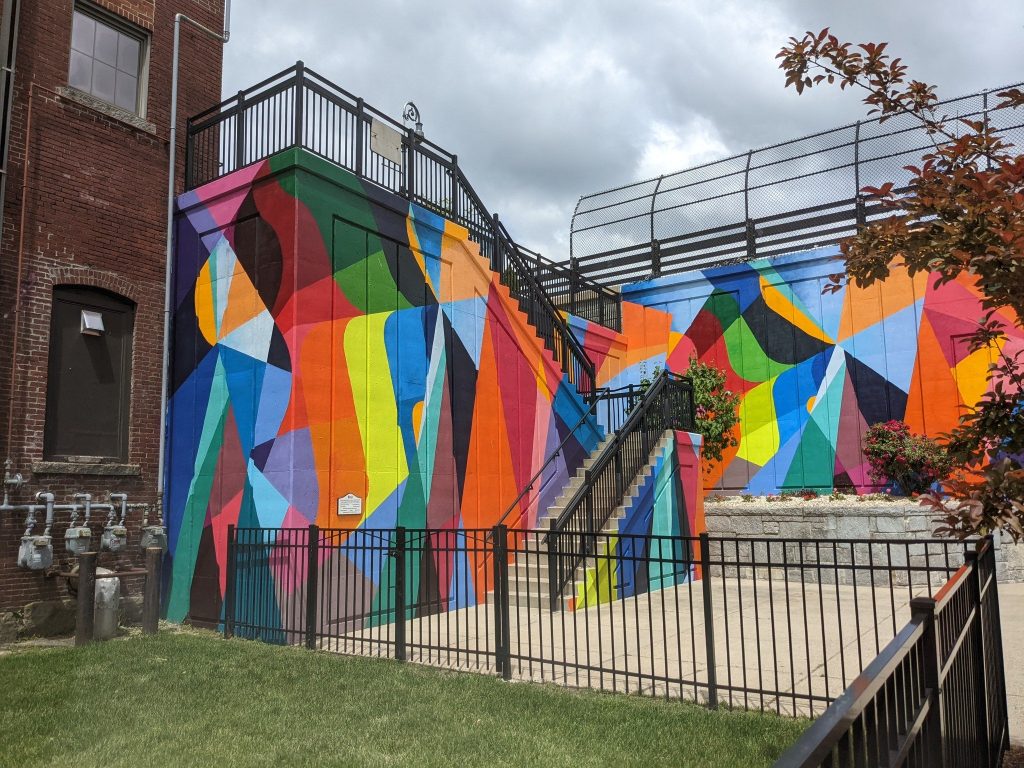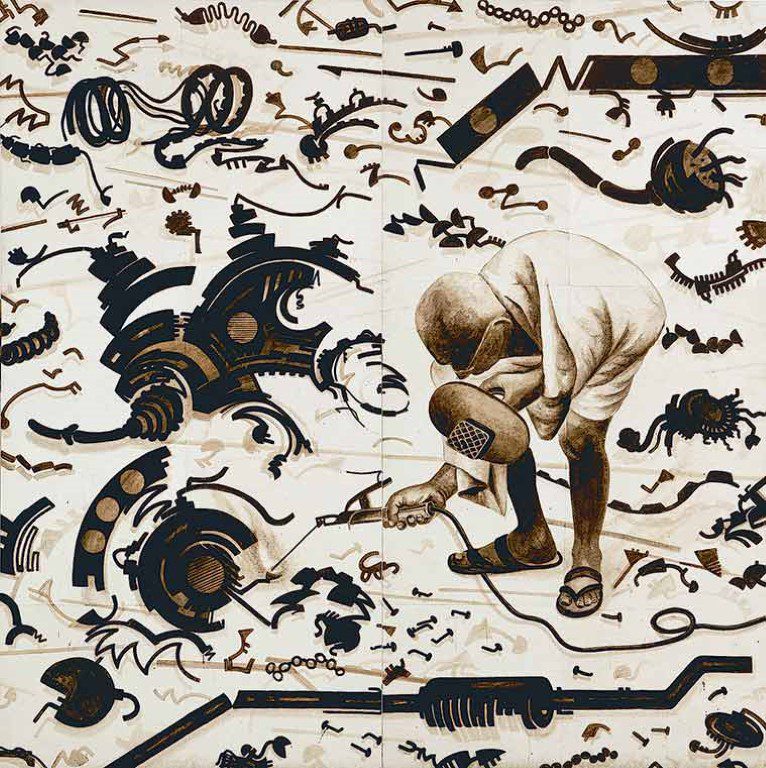Introduction
In the picturesque town of Littleton, New Hampshire, a controversial proposal to ban all public art has ignited a culture war, revealing deep-seated divisions in the community. The unexpected twist involves a mural with LGBTQ themes, sparking a heated debate that has now extended to the possible prohibition of all artistic expression in public spaces.
The Diversity Mural and the Unraveling Controversy
The story begins with a mural commissioned by local organizations, including a Pride group, using funds from a United Way diversity program. The artwork, featuring a rainbow-hued color wheel, trees, and flowers, quickly became a focal point for controversy. Council member Carrie Gendreau, a conservative Christian and Republican, raised objections during a town meeting, linking the art to her biblical beliefs and expressing concerns about LGBTQ symbolism.
The Unusual Legal Dilemma
In response to the controversy, Town Manager Jim Gleason initiated a legal consultation to explore the possibility of restricting certain types of art in public places. However, the town’s legal options are limited, and discriminatory measures targeting LGBTQ-themed art could lead to constitutional challenges. As a result, the town is considering the drastic step of banning all art in public spaces, a move that would affect local theaters, art exhibits, and public parks.
The Theater Company Caught in the Crossfire
The local theater company, Theatre UP, finds itself in the midst of the storm. As the controversy unfolded, members of the theater group received unexpected news about potential roadblocks to their plans, including renovations to their historic building and the looming possibility of eviction. The production of “La Cage Aux Folles,” a play exploring LGBTQ themes, adds another layer of tension to the unfolding drama.
Community Reactions and the Future
Residents, including LGBTQ advocates, have voiced their concerns, challenging the proposed art ban and defending the role of art in fostering a vibrant and inclusive community. The town council faces a difficult decision – whether to proceed with a sweeping art ban or navigate the legal and cultural complexities surrounding the controversy.
Conclusion
Littleton, New Hampshire, stands at a crossroads, grappling with questions of artistic freedom, diversity, and the clash of cultural values. As the town council deliberates its decision, the outcome will not only shape the future of public art in Littleton but also serve as a microcosm of the broader cultural challenges facing communities across the United States.
Feature Image Courtesy: www.visitconcord-nh.com





